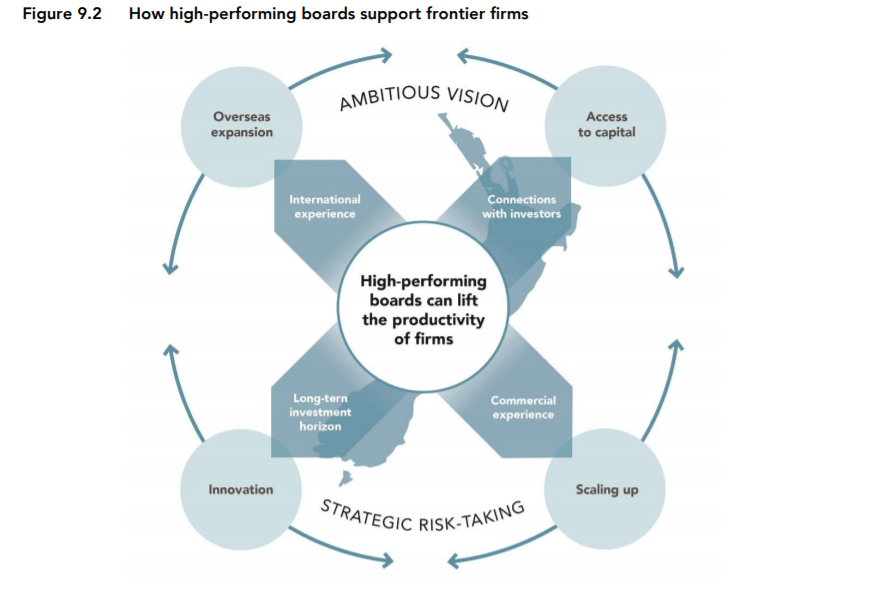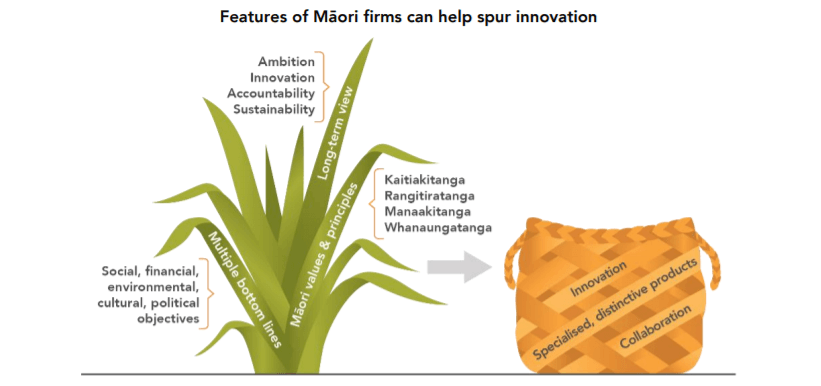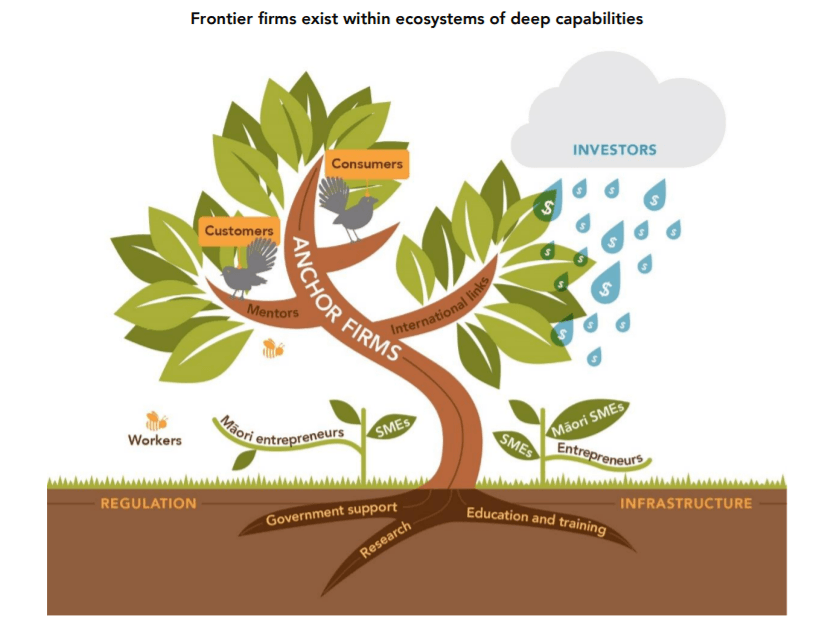Ph: 06 280 0938
When URGENT and IMPORTANT collide

URGENT and IMPORTANT don’t often align. But they are on a collision course right now!
If humanity doesn’t sort out our shite in the next few years, we are toast – literally, in the next 100 years or so.
We have all the science we need to get clarity on the pickle we are in now. It’s documented perfectly in the book, The Future
We Choose: Surviving the Climate Crisis by Christiana Figueres and Tom Rivett-Carnac.
We also know what to do.
So, how is this playing out on the ground in Aotearoa right now?
Here’s what I’ve seen as I’ve travelled around the country over the past few months:
- Few (if any) companies are comfortable with where they are at right now. Many established businesses are not even sure what industry they are actually in now, such is the rate of change.
- No company is big enough to believe that they are not a ‘dinosaur in waiting’.
- The pesky millennials are not settling into the old sweat-shop corporations and slaving away in the hope of making partner one day – as previous generations signed up for. Nope, they are just not sticking at it and are heading to more impact- or purpose-led companies.
- Bullying is rife – as senior managers and leaders let their frustrations out on the next level down. It seems to be an epidemic at the moment and the stresses of COVID-19 have only exacerbated the problem. This can be attributed to the insecurity senior managers are feeling, due to the parameters that they established, now crumbling around them.
- Just because you are doing good work in an organisation, does not make you a good person to work with. For example, there are some amazing arseholes to be found in the NGO and charity spaces.
- Leading edge companies now have a culture of change embedded in their systems, where change is expected and happens every day.
- Communication is still the most important and elusive skill in the workforce.
In light of this, here’s what I believe is essential looking ahead:
- Having just gone through the first stage of our re-certification as a B Corp, I am sure this will be a minimum requirement to practice as a company within the next 10 years.
- Indigenous frameworks are going to be a game changer for future-focussed companies.
- Values, values, values! These are essential cornerstones for any organisation and must be written in the company’s own words.
- Highly developed emotional intelligence will be prized above most technical skills in the organisations of the future.
- Regenerative capitalism is a thing, and now documented in a new book by John Elkington called Green Swans. This is a massive opportunity for anyone in commerce to focus on.
- Collaboration will become an obsolete word, as companies learn that it’s an essential action day after day – to the point they will not even talk about it in five years time.
Aside from my observations, what do others think?
Well, here in the office we’ve been dipping into the New Zealand Productivity Commission’s new report into the economic contribution of our country’s most productive (or “frontier”) firms – just released this week.
There’s a lot of good stuff in there and here’s a few themes (and quotes) that caught our attention:
- The need to build dynamic leadership capabilities in our businesses:
- “Firms with more strategic, entrepreneurial ability (dynamic capabilities) can sense areas of competitive advantage and then seize opportunities in these areas by innovating while identifying and effectively managing risks.”
- Dynamic leadership capability (ie, sophisticated governance and leadership, risk management processes, and the ability to detect and pursue new opportunities) was one of the four interrelated characteristics (along with exporting, innovation, and scale) that the Commission used to distinguish New Zealand’s leading firms from those behind the “frontier”.
- Chapter 9, devoted to Talent and Leadership, notes some key points around our country’s leadership skill deficits:
- “High-quality management, leadership and governance are important determinants of firm productivity. Evidence suggests that many New Zealand firms lack the management capabilities needed to lift their productivity.”
- “Many of the skills needed for effective management and governance are built through commercial experience rather than formal training. If New Zealand can grow or attract more large multinational firms, this will help grow future leaders through on-the-job experience. It will also help create career paths, and support diffusion as skilled people move between firms. Connecting with talented and well-networked New Zealanders via the Kiwi diaspora is another way for firms to build their leadership capabilities.”
- “Building the entrepreneurial and leadership capability of management and boards is critical for lifting the performance of New Zealand’s frontier firms.”
- Their thoughts in relation to the role of Boards:
- “Boards of directors play an important role in nurturing a firm’s dynamic capabilities. Key roles include appointing the CEO, supporting the development of the firm’s long-term strategy, and enabling innovative investment decisions. Boards also need strong capabilities of their own.”

- A plug for the importance of the type of team-based leadership upskilling work that we do here at Collective Intelligence (particularly for mid-career leaders):
- “Support for building ordinary and dynamic management and leadership capabilities should be considered in the broader context of education and training (such as courses on entrepreneurship and management), on-the-job training, and migration policy. For example, three submitters said that tertiary education providers should offer more short courses and/or micro-credentials, to better suit mid-career learners.”
- And finally, on a topic I care deeply about:
- “Māori approaches to business can offer lessons for other New Zealand firms. For example, the drive to serve multiple bottom lines brings a long-term focus to strategy and decision making. Long-term investment horizons are important for supporting experimentation and innovation, and long-term value creation.”

There’s a heck of a lot more to read here and I encourage you to take a look, plus they’ve put together some wonderful visuals that help with the ‘digestion’ process. I’ll leave you with a final quote from the report:
“New Zealand faces the major challenge of transitioning to net-zero greenhouse gas emissions by 2050. To achieve this goal while maintaining acceptable living standards will require productivity growth. The transition will mean profound and widespread changes in every part of the economy…”

Collective Intelligence 2022 ©